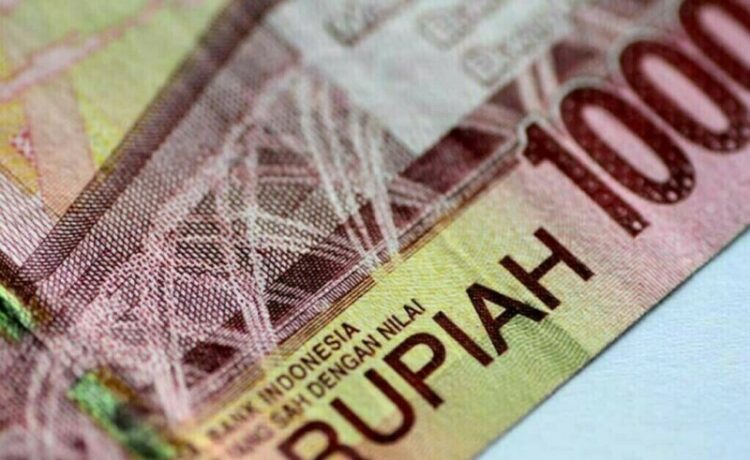Currencies in Asian emerging markets nudged higher on Tuesday, while the Mexican peso slipped after US President Donald Trump refrained from imposing tariffs on his first day in office but signalled potential policy moves in the coming days.
Just as investors cheered the possibility of a delay in Trump’s implementation of tariffs following a brief mention of the topic in his inauguration speech, the US president said that he was mulling imposing 25% tariffs on Mexico and Canada as soon as Feb. 1.
That sent the Mexican peso down more than 1%, while the lack of clarity on immediate tariffs on China supported Asian currencies, although investors remained wary.
Trump’s inaugural policies suggested he will negotiate rather than immediately impose hefty tariffs on trading partners.
The dollar index bounced 0.6% to 108.65, recovering from a 1.2% overnight drop, its sharpest daily loss since late 2023.
“The absence of any threats on China has kept the hopes of a negotiation alive there, especially after the Trump-Xi phone call last week as well,” said Charu Chanana, chief investment strategist, Saxo, Singapore.
“This, along with a softer US dollar, could bring some respite for Asian markets. However, the bar for gains still remains quite high and volatility is inevitable.”
The ringgit rose 0.4% to its strongest level in nearly three weeks, while the Indonesian currency appreciated 0.2%.
Asian currencies, equities edge higher ahead of Trump’s new term
On the other hand, the Philippine peso snapped a four-day winning streak, slipping 0.4%, while the Singaporean dollar inched lower.
Chinese stocks rose 0.2%, set to gain for a fourth day if the trend continues, while the yuan was largely flat against the dollar.
Equities in Kuala Lumpur advanced 0.2% for the third consecutive session, while Jakarta stocks gained 0.2%, on track for a fifth straight day of gains.
Shares in Singapore declined 0.5%.
Later this week, investors will be on the lookout for interest rate decisions from Bank Negara Malaysia and the Monetary Authority of Singapore (MAS) to gauge their direction of monetary policies.
The Malaysian central bank is likely to keep overnight rates unchanged at 3.00%, while analysts are widely expecting the MAS to recalibrate the tightness of its policy band.
These policy decisions will follow rate moves from Bank Indonesia and Bank of Korea last week, which diverged from market expectations, underscoring the trade-off between growth and currency stability faced by Asian central bReuters




